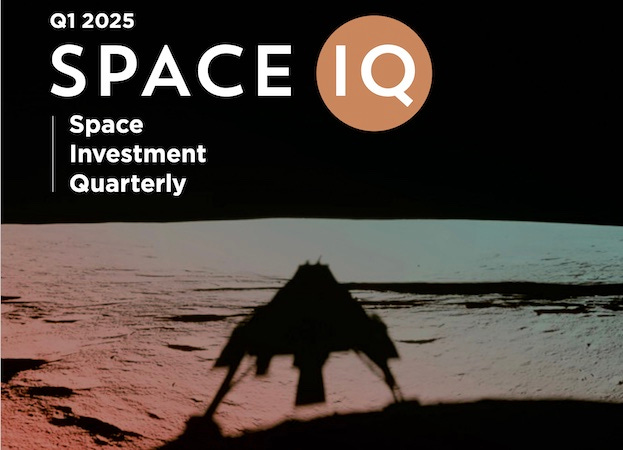First Quarter Space Investment Report Released by Space Capital
Total Investment in the Space Economy was $4.3 Billion in Q1
The first quarter of 2025 was marked by a total investment of $4.3 billion, according to the Q1 2025 Space Investment Quarterly (Space IQ) report from Space Capital. The Q1 investment in 104 companies brought the cumulative private market equity investment to $347.9 billion since 2009.
"(A) recession at this point in time would be very difficult for a lo…




